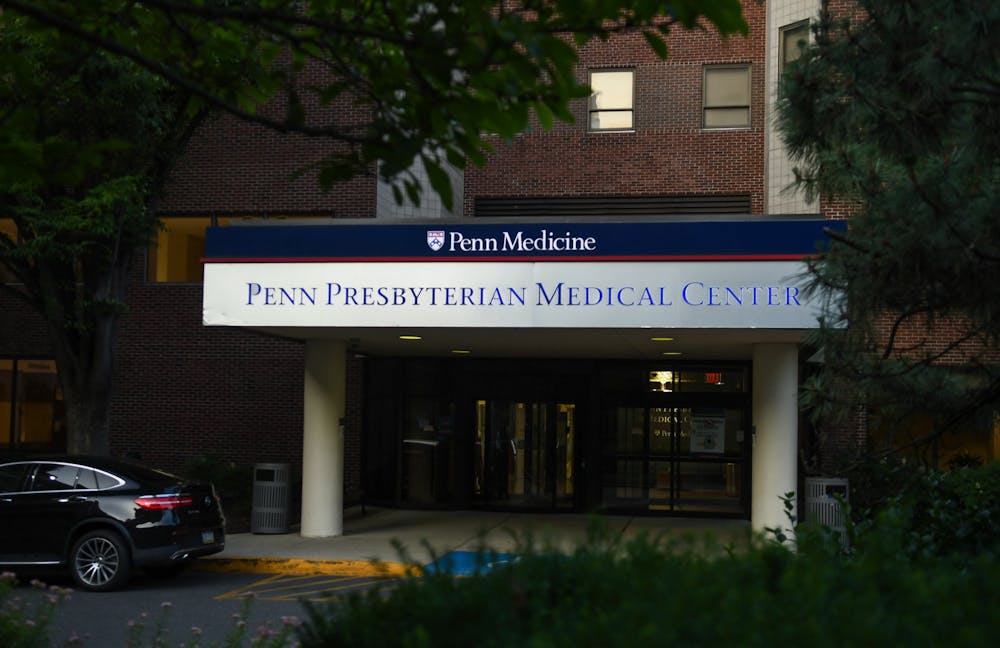
Penn Medicine is closing its inpatient addiction treatment program at the Penn Presbyterian Medical Center next month.
The closure is part of a consolidation of the health system’s mental health services at Hospital of the University of Pennsylvania — Cedar Avenue and Pennsylvania Hospital. Presbyterian's Wright 4, an 18-bed ward, will shut down in July after all patients have completed their maximum 30-day stays, The Philadelphia Inquirer reported.
The program will be replaced by 16 inpatient addiction treatment beds to be split between HUP Cedar, located on 54th Street, and Pennsylvania Hospital, located on Eighth Street in Center City.
Penn Med’s Vice President for Public Affairs Patrick Norton wrote in a statement to the Inquirer that Presbyterian’s inpatient drug and alcohol treatment services will be transferred to HUP Cedar on July 1, citing a shift to outpatient treatment over inpatient treatment for substance use for the change.
This closure comes a month after Penn Med announced that it will be opening a mental health crisis response center and unified mental healthcare hub at HUP Cedar later this summer. HUP Cedar operates out of the former site of the Mercy Philadelphia Hospital, which closed its mental health crisis response center in March 2020.
Presbyterian will continue offering intensive outpatient substance use treatment out of its 4040 Market St. facility. The beds at Wright 4 will be converted to medical-surgical beds to help decrease emergency room wait times and provide more space for patients recovering from surgery, according to the Inquirer.
The change was met with protests from community members, some of whom work for Penn Med. They believe that Penn Med hasn’t provided enough information about when the new long-term inpatient treatment services will be available, and whether Penn Med will continue to offer the same long-term care as it did at Wright 4.
Some protesters called the decision to switch Wright 4’s beds to medical-surgical ones a “money move,” according to the Inquirer. They believe that it will especially harm low-income people who rely on Medicaid, which reimburses hospitals at a lower rate than private insurance, to pay for treatment.
Once the consolidation is complete, HUP Cedar and Pennsylvania Hospital will become the only two hospitals in the Penn Med system with emergency, inpatient, and outpatient mental health services.
The Daily Pennsylvanian is an independent, student-run newspaper. Please consider making a donation to support the coverage that shapes the University. Your generosity ensures a future of strong journalism at Penn.
Donate






